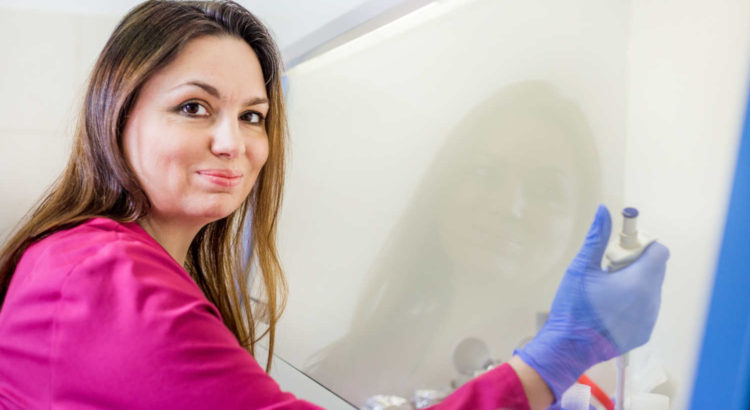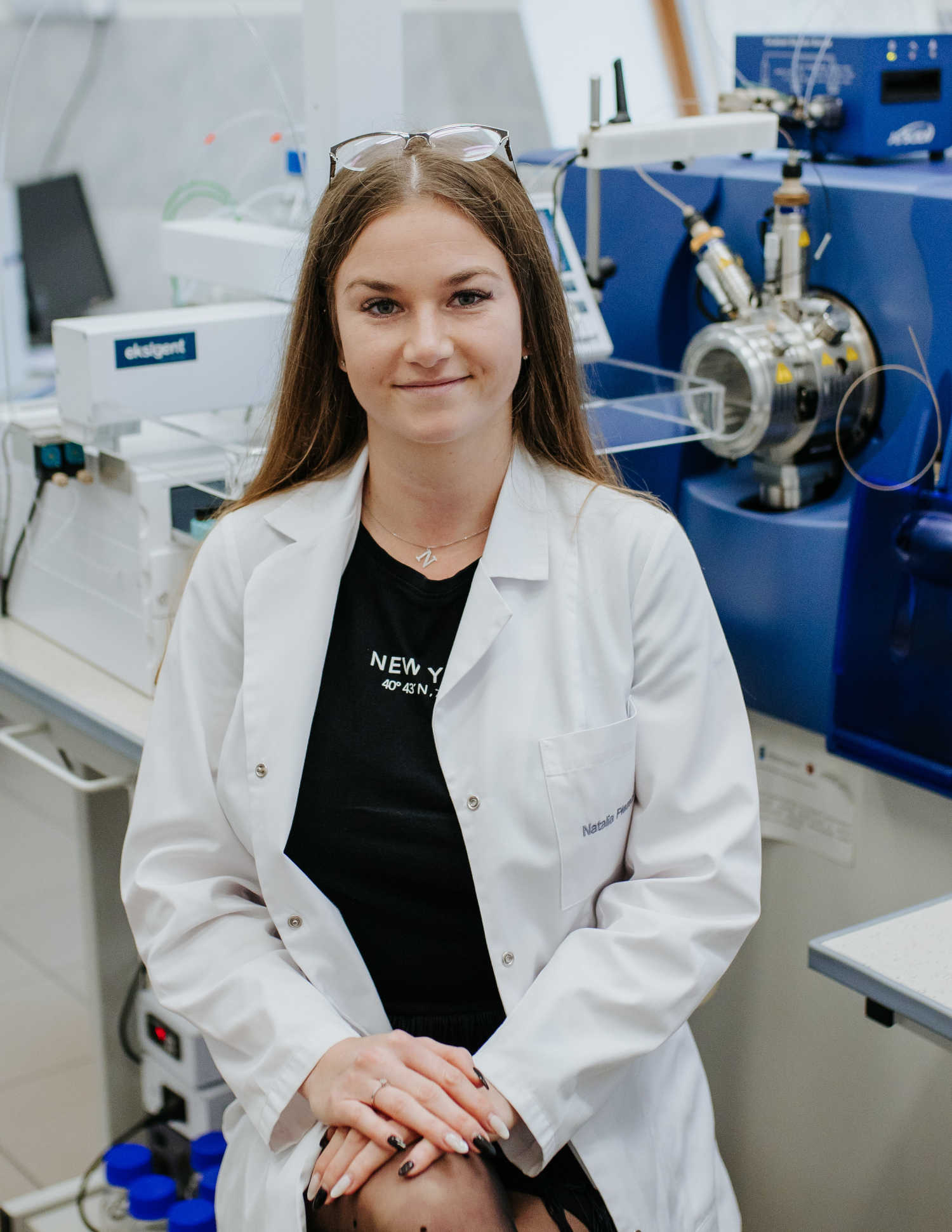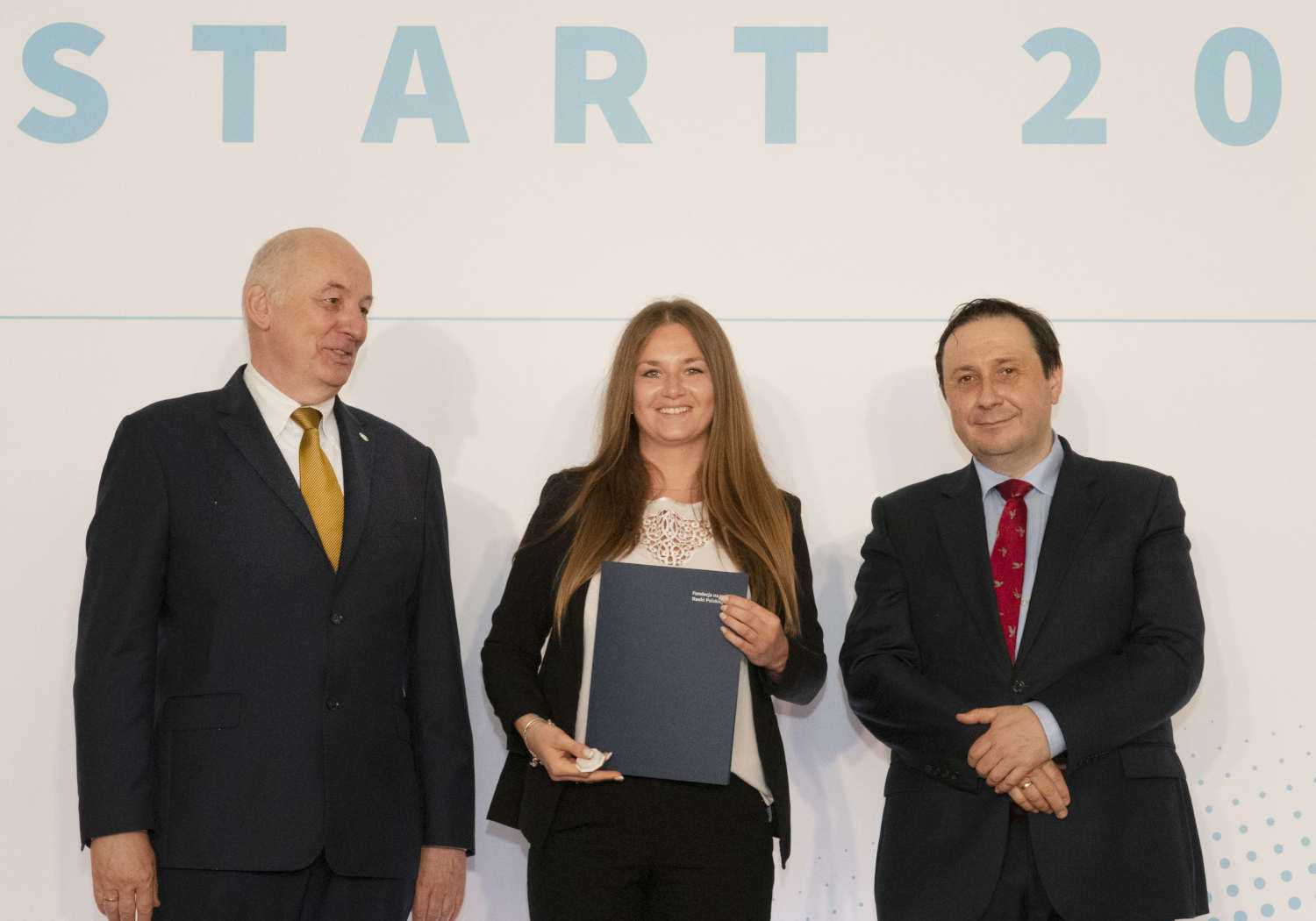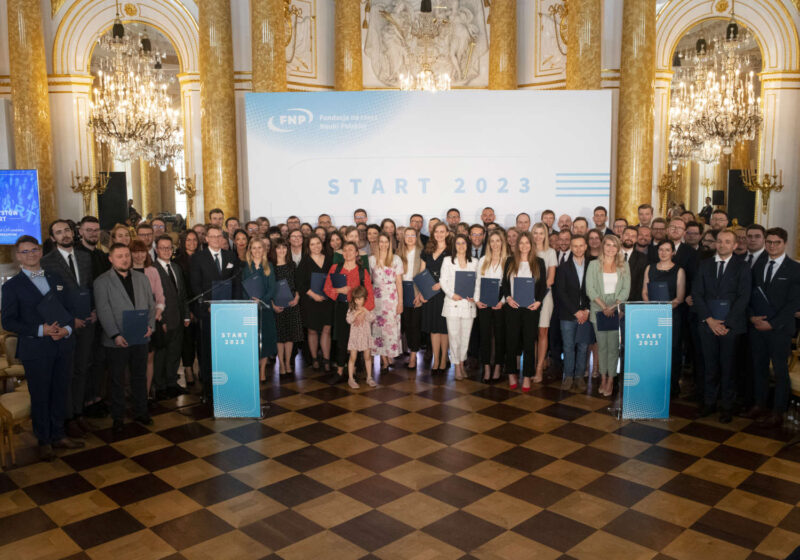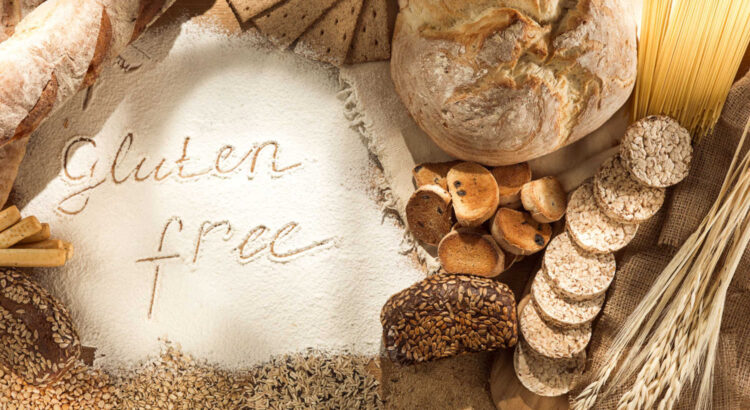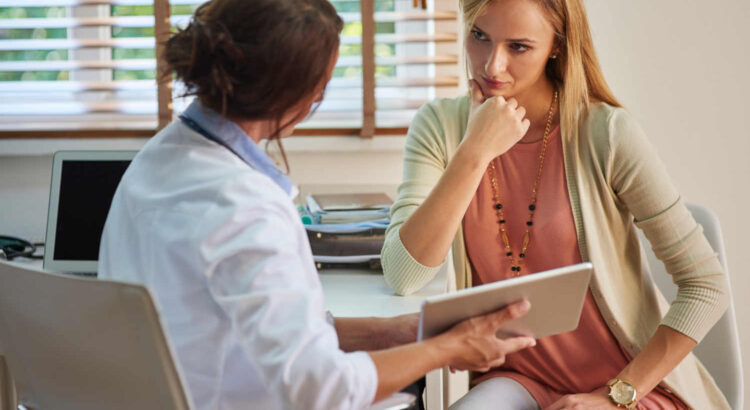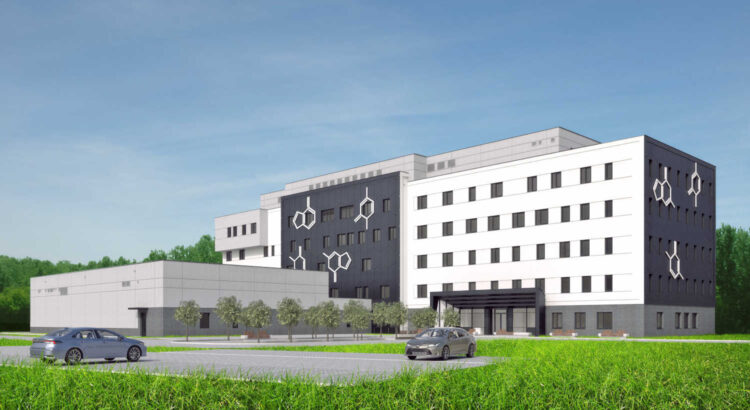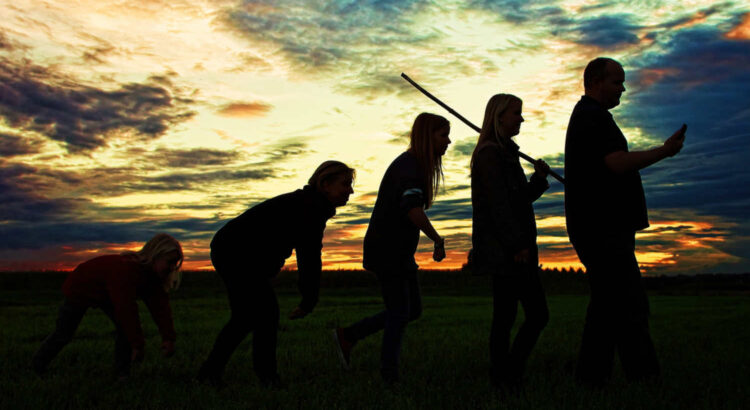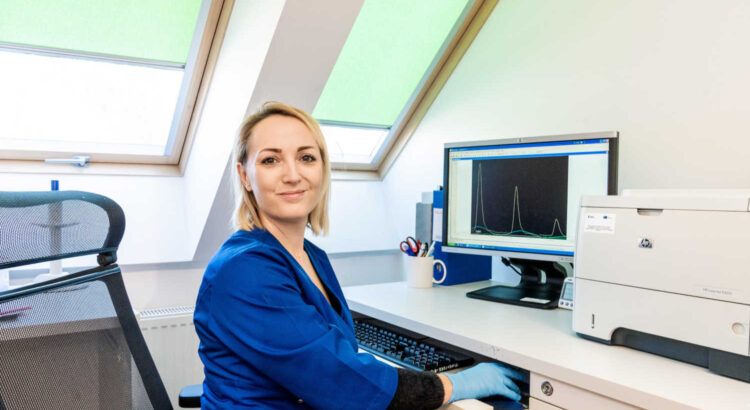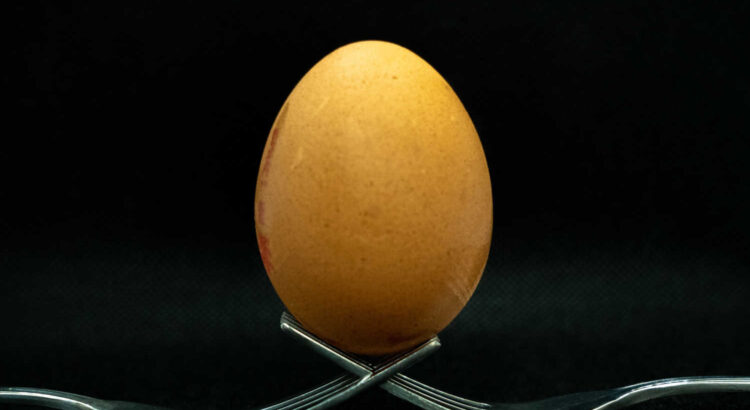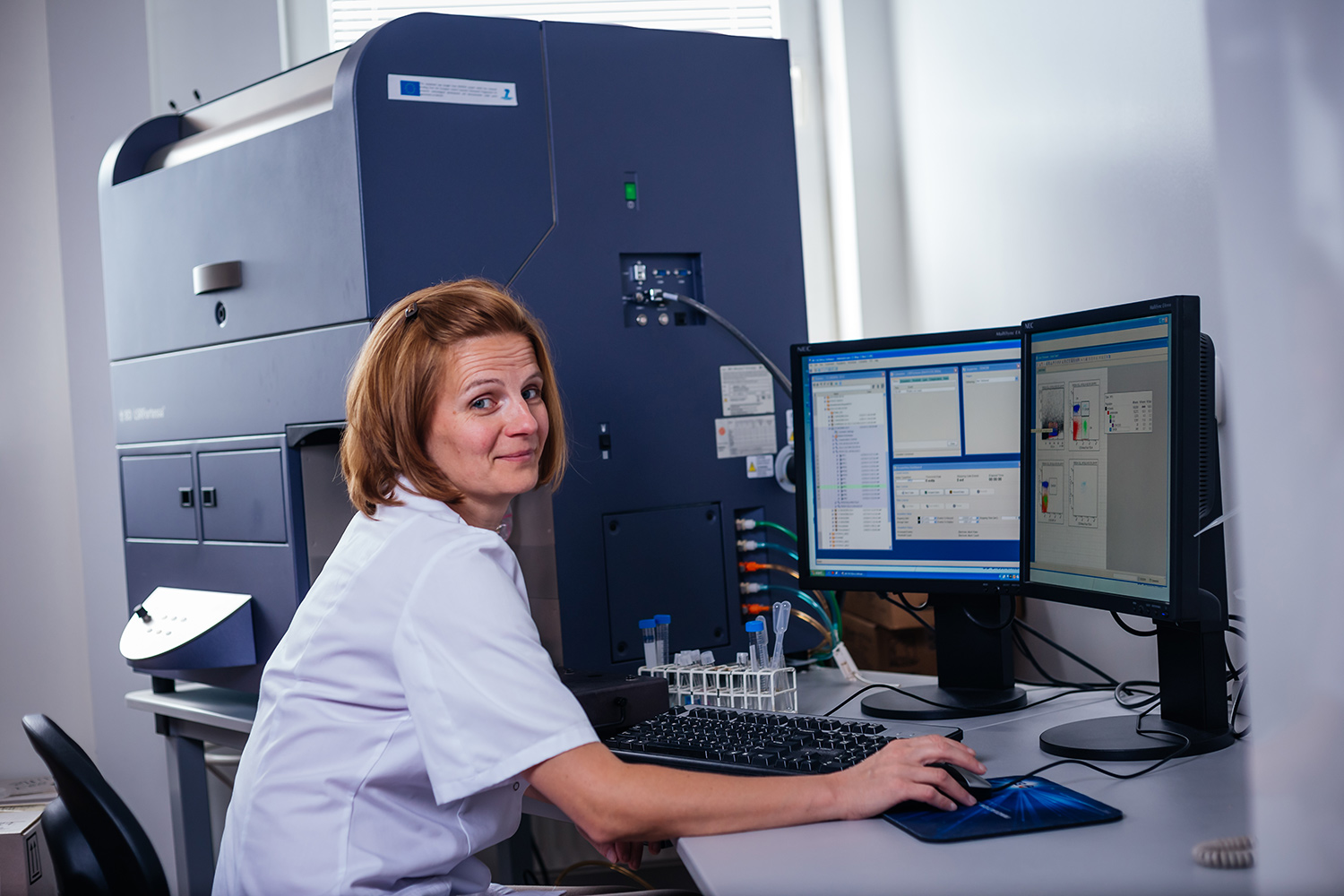The corpus luteum plays an extremely important role in early pregnancy by secreting progesterone – an essential hormone needed for proper pregnancy development. Scientists at the Institute of Animal Reproduction and Food Research of the Polish Academy of Sciences in Olsztyn have discovered that this gland also secretes a protein called prokineticin 1, which increases the viability and stimulates the functions of the corpus luteum, and thus – benefits the development of early pregnancy.
– We hope that in the future, on the basis of the results of these studies, it will be possible to develop therapies that will support the development of a normal pregnancy in humans,” stresses Dr. Agnieszka Wacławik from the Department of Hormonal Action Mechanisms of the Institute of Animal Reproduction and Food Research PAS.
Her team’s findings have just been published in „Scientific Reports„, a journal published by „Nature.”
The research team members are Dr. Agnieszka Wacławik, Professor of the Polish Academy of Sciences; Monika Baryła, PhD student (the results are an important part of her doctoral thesis); Dr. Ewelina Goryszewska-Szczurek and Dr. Piotr Kaczyński.
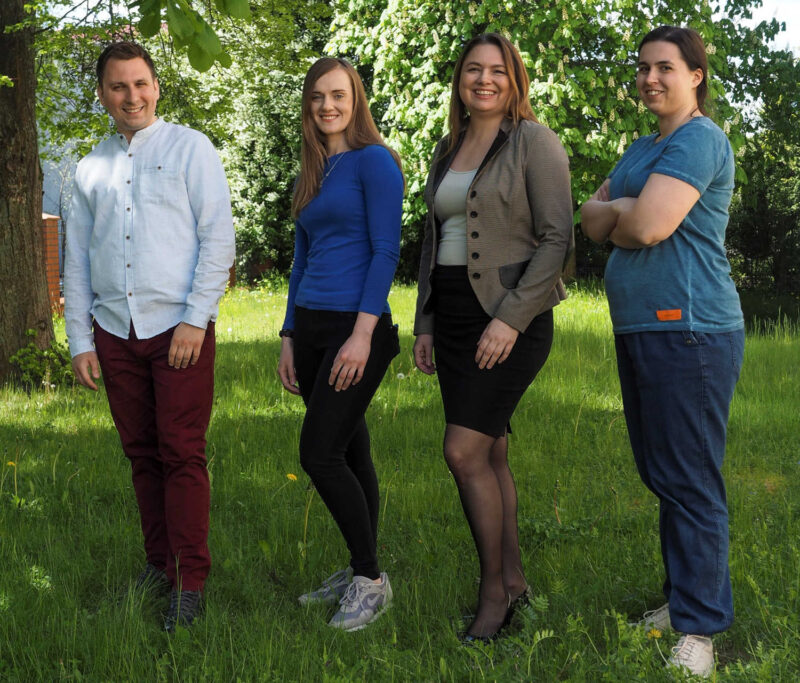
CORPUS LUTEUM ON SPECIAL ASSIGNMENT
The corpus luteum is a temporary endocrine gland in the ovary. It synthesizes and secretes progesterone, which is necessary for the proper establishment of pregnancy, that is, for the implantation of the embryo in the uterus and the development of the placenta. The activity of the corpus luteum depends on the fate of the egg cell released in the process of ovulation – if the egg cell is not fertilized or the development of the fertilized cell is inhibited, the corpus luteum atrophies. The development of blood vessels during the formation and function of the corpus luteum is one of the most intense compared to other organs.
Disruption of corpus luteum function, both during the reproductive cycle and during pregnancy, carries a high risk of fertility disorders. However, the mechanisms regulating the function of this gland are not yet fully understood. Attempts to explain them are being made by the team of Dr. Agnieszka Wacławik.
PROTEIN SUPPORTING THE DEVELOPMENT OF EARLY PREGNANCY
In earlier studies, scientists from Olsztyn focused on a certain protein called prokineticin 1, demonstrating its important role in processes related to the establishment of pregnancy, primarily the development of blood vessels in the endometrium, as well as the development of the embryo and placenta in the pig (for ethical reasons, studies cannot be conducted on tissues from the female ovary during physiological changes in the sexual cycle or pregnancy, and certain mechanisms are universal to mammals).
Now scientists have shown that prokineticin 1 is present in the porcine corpus luteum and regulates the processes involved in the development of the corpus luteum and its function (both during the reproductive cycle and during pregnancy).
– We showed that prokineticin 1 and its receptors are mainly found in luteal cells (i.e., those that produce progesterone) and in the blood vessels of the corpus luteum. It was an important discovery to prove that the highest content of prokineticin 1 protein is found in the corpus luteum during early pregnancy,” says the researcher.
Already knowing that prokineticin 1 acts in the corpus luteum, the researchers also decided to see what processes it participates in. – Using in vitro tissue and cell culture models, we showed that the agent under study stimulates the expression of genes involved in steroid hormone production and progesterone synthesis by the corpus luteum. An important discovery was the demonstration that prokineticin 1 increases the viability of corpus luteum tissue and inhibits cell apoptosis (the process of cell destruction) in which progesterone is produced. Further studies allowed us to conclude that prokineticin 1 stimulates the processes of blood vessel construction (known as angiogenesis) in the corpus luteum, the scientist explained.
This means that the synthesis of prokineticin 1 in the corpus luteum during pregnancy may play an important role in preventing the regression of the corpus luteum and sustaining its function in the establishment and development of early pregnancy.
– Despite the presence of interspecies differences, certain physiological mechanisms occurring during early pregnancy are universal for mammals, so the results presented here may contribute to further studies involving other species, including humans, Agnieszka Wacławik concludes.
—
Dr. Agnieszka Wacławik, Professor of the Polish Academy of Sciences, has recently received a grant from the National Science Center (NCN), within the OPUS call. For the project „Effect of embryonic signals on methylome of the porcine endometrium as a novel mechanism contributing to pregnancy establishment” she received nearly PLN 2 million.
Full results can be found here.
